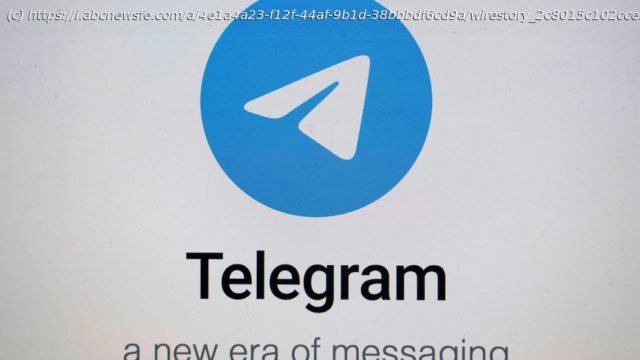Pavel Durov, the founder and CEO of the messaging app Telegram, has been arrested in Paris over allegations that his platform was being used for illicit activity including drug trafficking and the distribution of child sexual abuse images
Pavel Durov, the founder and CEO of the messaging app Telegram, was arrested in Paris over the weekend over allegations that his platform is being used for illicit activity including drug trafficking and the distribution of child sexual abuse images.
Durov, who was born in Russia, spent much of his childhood in Italy and is a citizen of France, Russia, the Caribbean island nation of St. Kitts and Nevis, and the United Arab Emirates. He was taken into custody at Paris-Le Bourget Airport in France on Saturday after arriving from Azerbaijan and released Wednesday after four days of questioning. He was ordered to pay 5 million euros for bail and directed to report to a police station twice a week, according to the Paris prosecutor’s office.
In a statement posted to its platform, Telegram said it abides by EU laws and its content moderation is “within industry standards and constantly improving.” Durov, the company added, “has nothing to hide and travels frequently in Europe.”
Here are some details on Telegram, the app at the center of Durov’s arrest.
Telegram is an app that allows for one-on-one conversations, group chats and large “channels” that let people broadcast messages to subscribers. Unlike rivals such as Meta’s WhatsApp, Telegram’s group chats allow as many as 200,000 people, compared to a maximum of 1,024 for WhatsApp. Experts have raised concerns that misinformation spreads easily in group chats of that size.
Telegram offers users end-to-end encryption for their communications, but — contrary to a popular misconception — this feature is not on by default. Users have to switch on the option. It also doesn’t work with group chats. That contrasts with rival Signal and Facebook Messenger, where chats are encrypted end-to-end by default.
“Popular Telegram features like group chats and channels are not end-to-end encrypted. That means that Telegram can access their contents,” said John Scott-Railton, senior researcher at the University of Toronto’s Citizenlab. “Similarly, messages between users are not end-to-end encrypted by default, which means that Telegram could also access these messages. Only Telegram’s opt-in ‘secret chat’ feature is end-to-end encrypted, which would prevent Telegram from accessing the chat contents.






